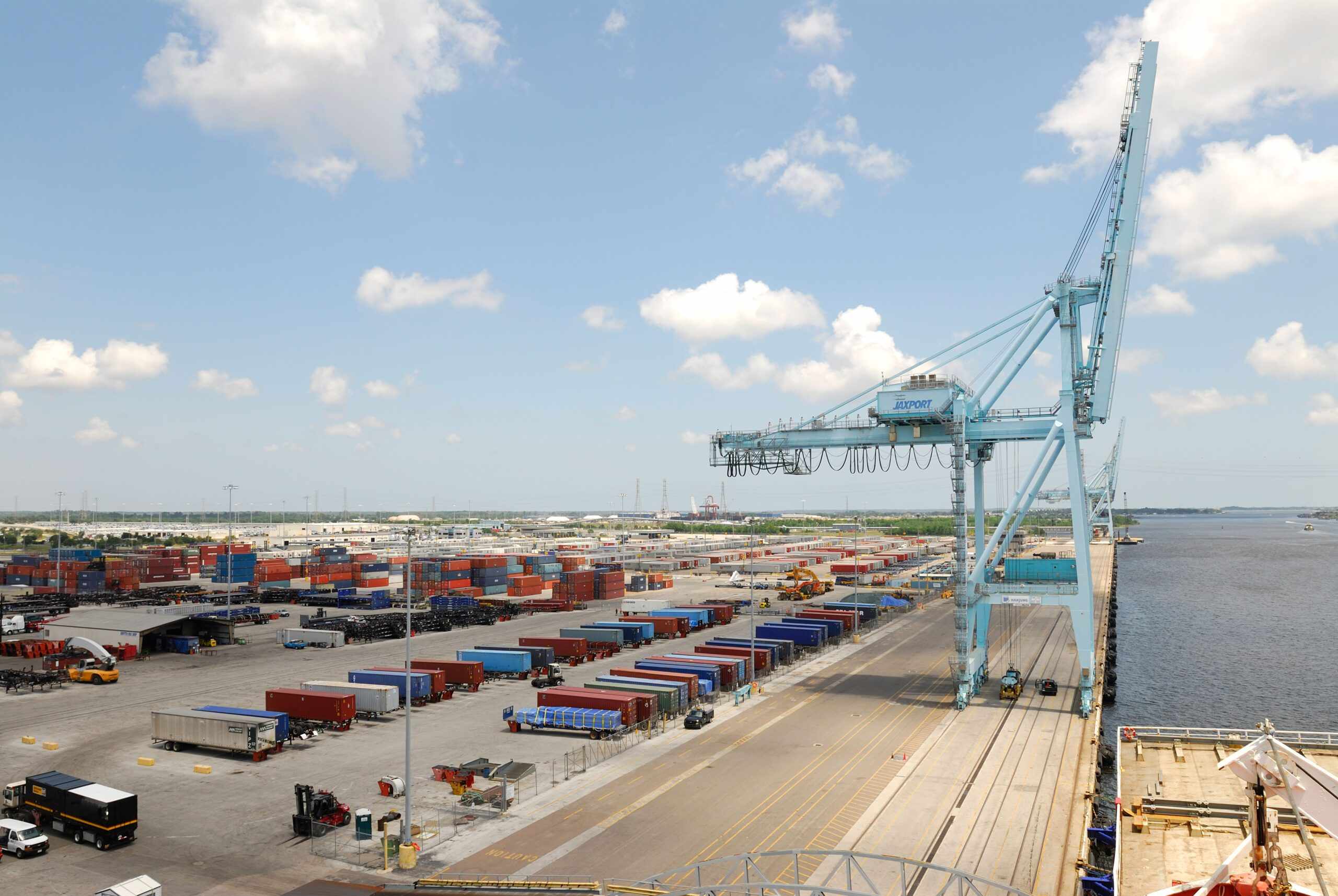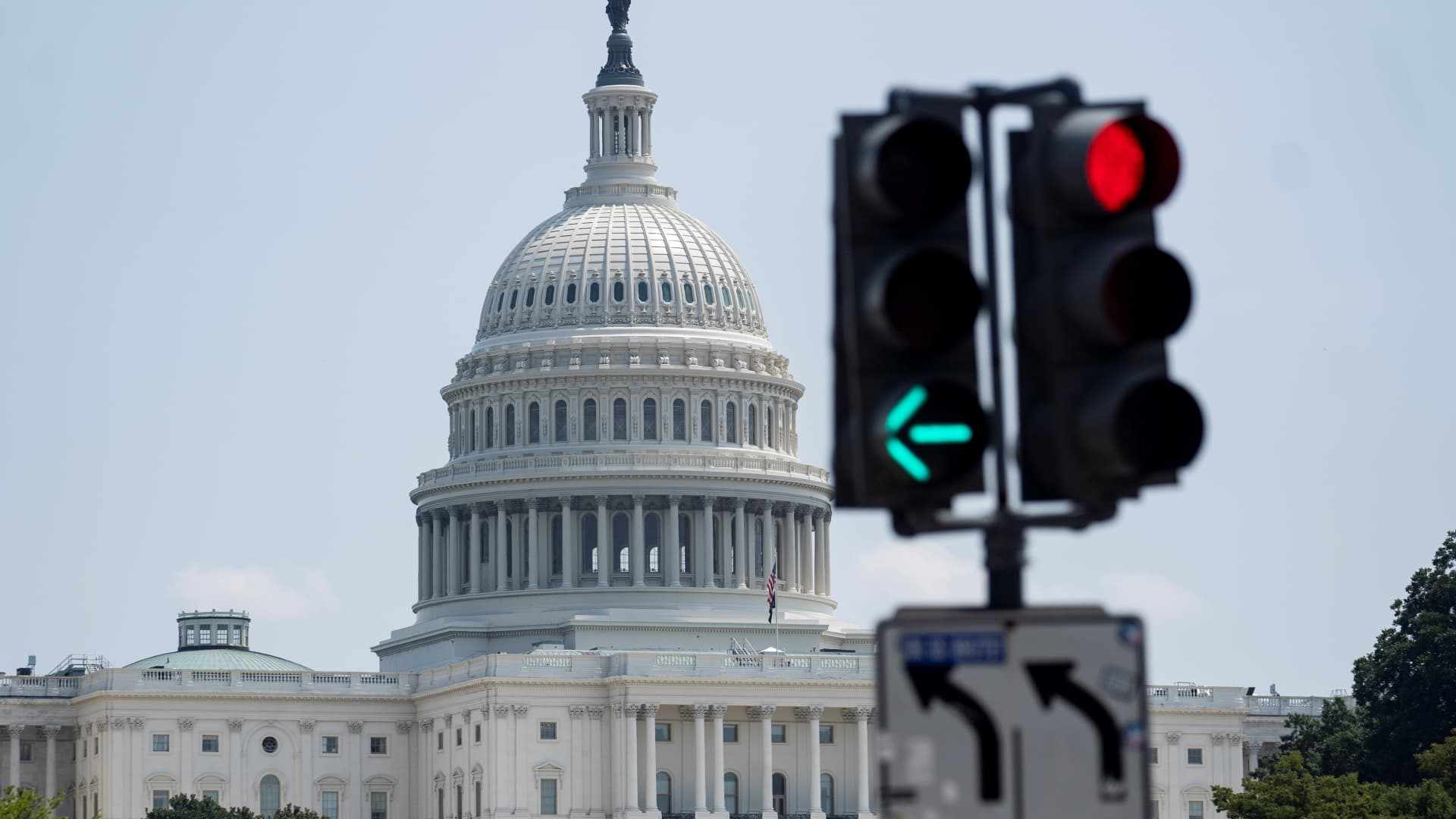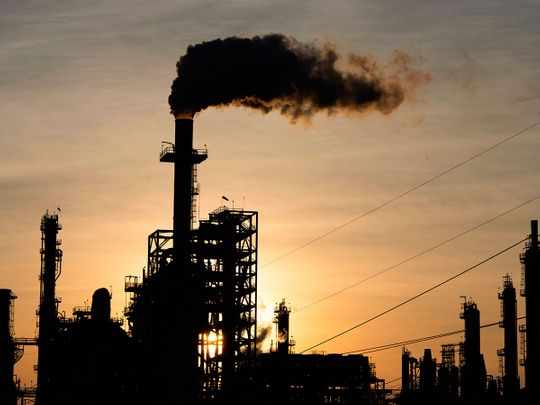The geopolitics of climate change
The geopolitics of climate change
By tackling the climate and biodiversity crises, everyone will be better off, thanks to better jobs, cleaner air and water, fewer pandemics, and improved health and well-being. But, as with any broad transition, the coming changes will upset some and benefit others, creating tensions within and between countries. As we accelerate the transition from a hydrocarbon-based economy to a sustainable one based on renewable energy, we cannot be blind to these geopolitical effects.
In particular, the transition itself will drive power shifts away from those controlling and exporting fossil fuels, and toward those mastering the green technologies of the future. For example, phasing out fossil fuels will significantly improve the EU’s strategic position, not least by reducing its reliance on energy imports. In 2019, 87% of our oil and 74% of our gas came from abroad, requiring us to import more than €320 billion ($386 billion) worth of fossil-fuel products that year.






















